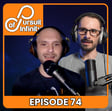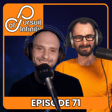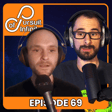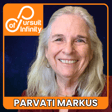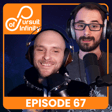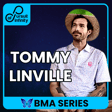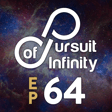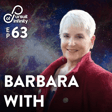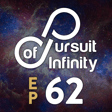
78. Gabe Nosseir - The Spirit of Sport
This is episode 78, where we welcome Gabe Nosseir to the show. Gabe is a dedicated father, coach, shamanic practitioner, entrepreneur, and mentor with a passion for helping others unlock their full potential. Holding a Master’s degree in Mental Health Counseling, he has successfully coached soccer teams and players at every level, from youth and college to semi-professional and professional. In addition, he has built thriving businesses in Albuquerque, New Mexico. Gabe’s unique ability to blend shamanic philosophy with the physical demands of sports offers a fascinating perspective, sparking a deep and meaningful conversation.
https://aclearmind.com/ https:/
/www.instagram.com/gnsthoughts/
_________________
Music By R-Production
Follow Pursuit Of Infinity:
www.PursuitOfInfinity.com
Discord: https://discord.io/pursuitofinfinity
YouTube: https://www.youtube.com/channel/UCPpwtLPMH5bjBTPMHSlYnwQ
Spotify: https://open.spotify.com/show/58he621hhQ7RkajcmFNffb
Apple Podcasts: https://podcasts.apple.com/ca/podcast/pursuit-of-infinity/id1605998093
Instagram: https://www.instagram.com/pursuitofinfinitypod/
X: https://twitter.com/PursuitInfinity
Patreon: Patreon.com/PursuitOfInfinity







